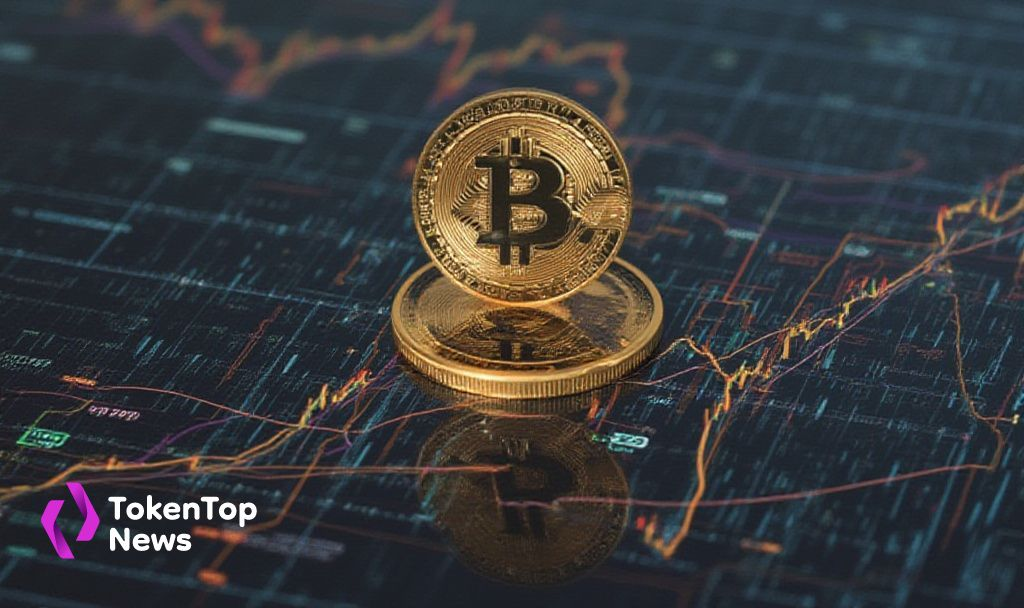Bitcoin Trades 40% Below Intrinsic Value Amid Price Rally
- Bitcoin BTC +0.00% ’s discount to intrinsic value sparks institutional interest.
- Record Bitcoin outflows from major exchanges seen last week.

The substantial 40% discount highlights potential investment opportunities. It signifies growing interest in Bitcoin’s undervalued position, amid rising institutional engagement.
Analysis
The Bitcoin Energy Value model developed by Charles Edwards calculates Bitcoin’s intrinsic value based on energy required to mine it. As of April 27, 2025, Bitcoin stands at $94,225, significantly below the calculated intrinsic value of $130,000. This model is gaining attention as a valuation framework.
Charles Edwards, founder of Capriole Investments, revealed the valuation disparity on X (formerly Twitter). His analysis followed the fourth halving event, which reduced block rewards, historically leading to price increases. This model factors in energy consumption, reflecting Bitcoin’s intrinsic value.
“Bitcoin Energy Value is $130,000. One year after the halving, Bitcoin is trading at a massive 40% discount to its intrinsic value.” — Charles Edwards, Founder, Capriole Investments
Impact on Market Activity
Spurred by the discount, major exchanges reported Bitcoin outflows. Coinbase saw withdrawals of 8,756 BTC worth $830 million on April 24, 2025. Likewise, Binance recorded significant outflows, indicating heightened institutional activity and potential for price movement.
This activity influences markets, reflecting institutional sentiment. The U.S. spot Bitcoin ETFs noted $1.54 billion net inflows on a single day during Bitcoin’s price rise. These trends suggest optimism about Bitcoin’s undervalued state and future potential.
Future Outlook
Experts point to potential bullish signals. Bitcoin’s price breached the daily SMA 50 and 200 barriers after consistent growth since April 19, 2025. History indicates continued outflows may trigger further price rallies, akin to past market recoveries.
Joao Wedson, founder of Alphractal, advises caution with positive price action due to potential external market forces. He notes, “While large outflows and positive price action suggest bullish tailwinds, they don’t automatically guarantee a continued rally.”



